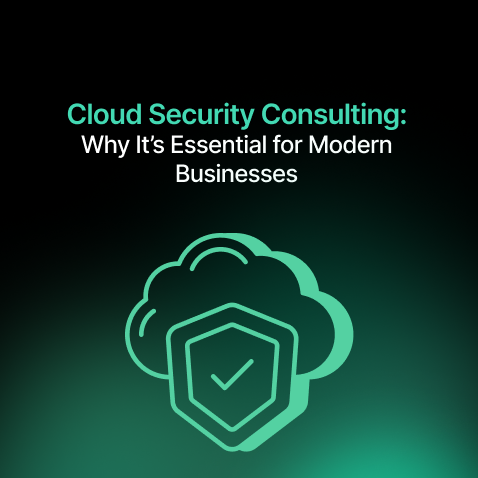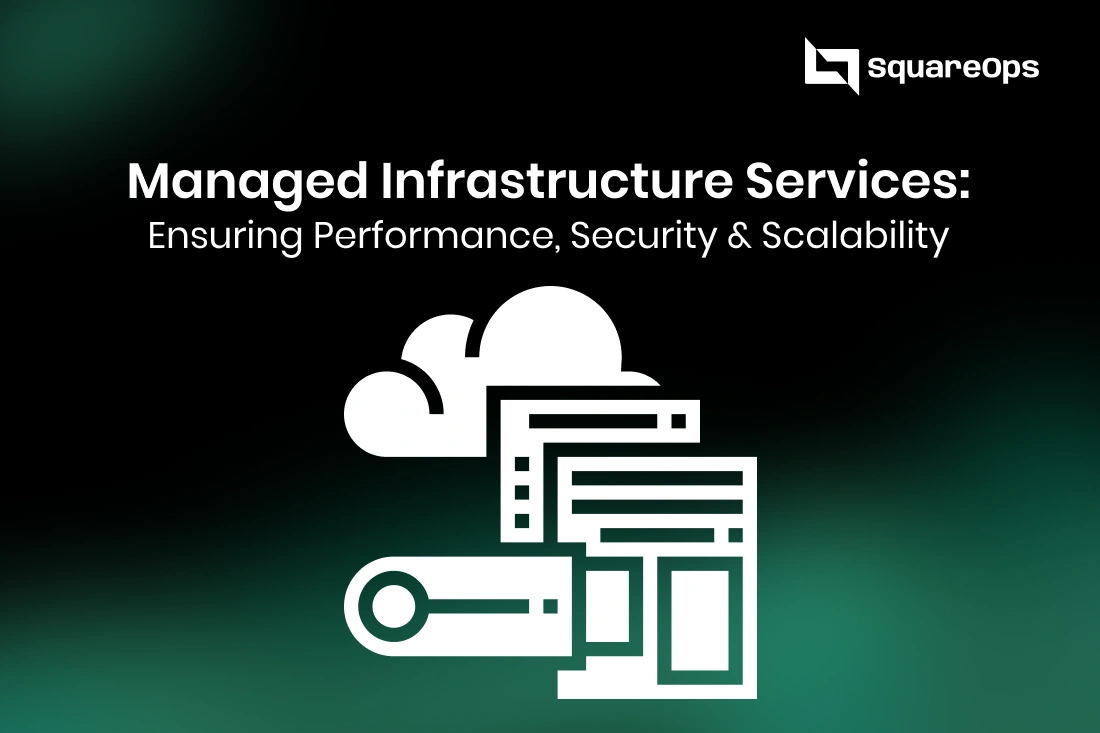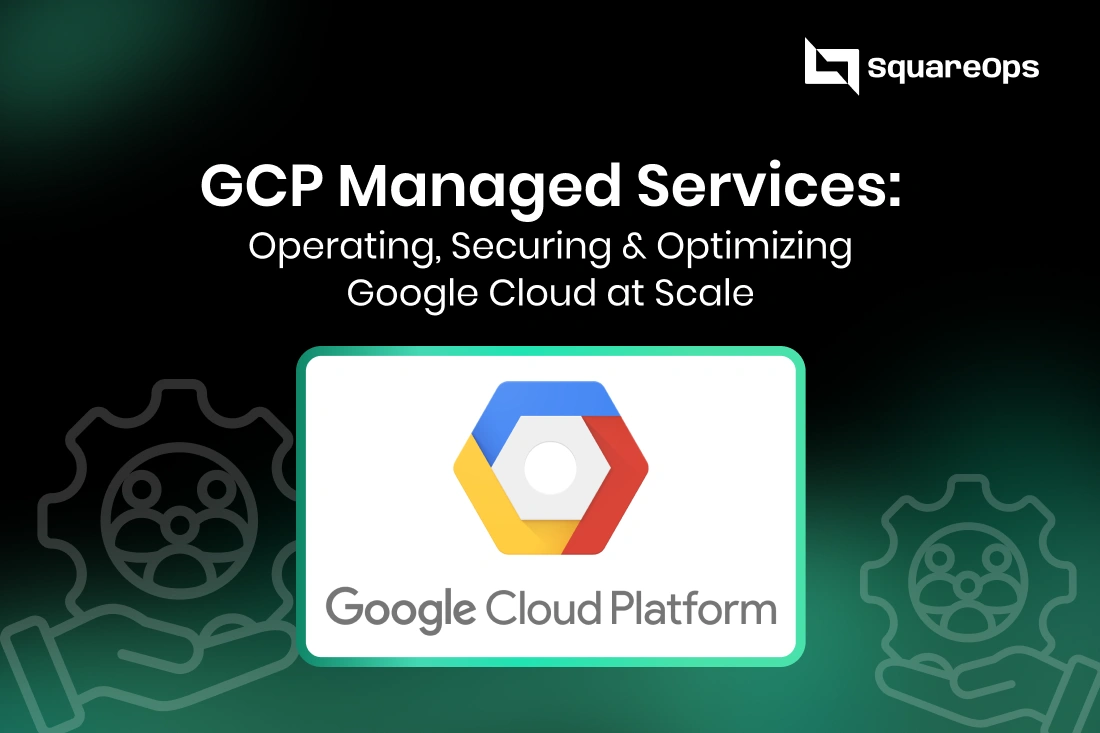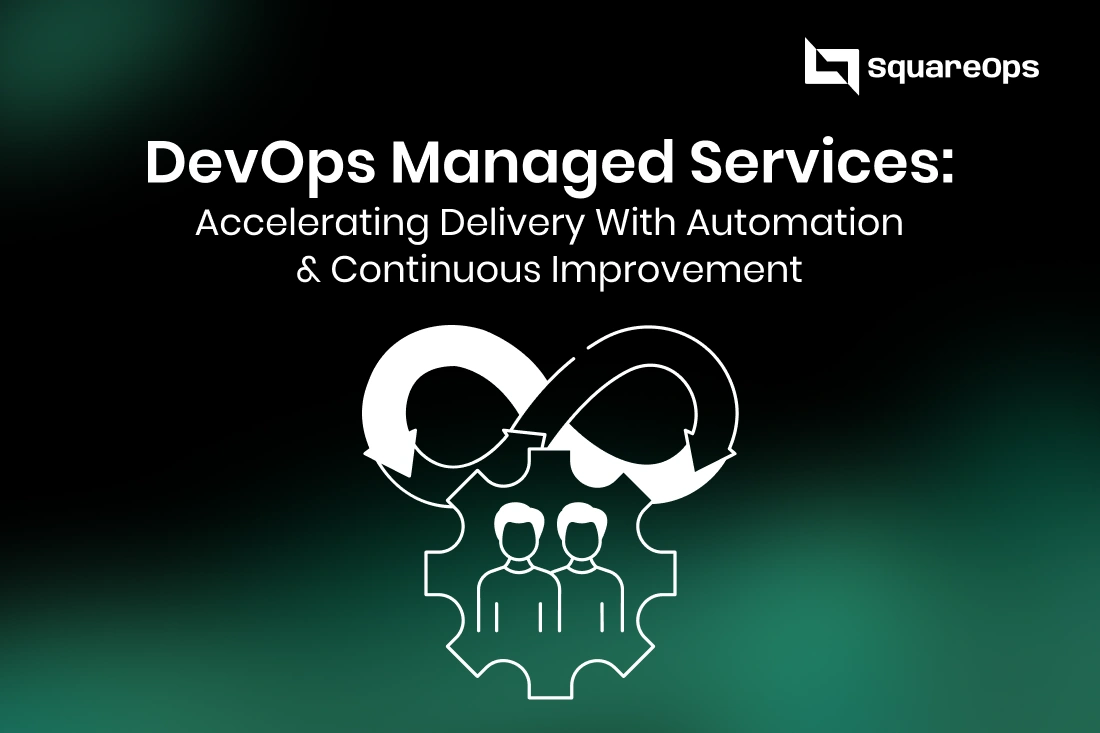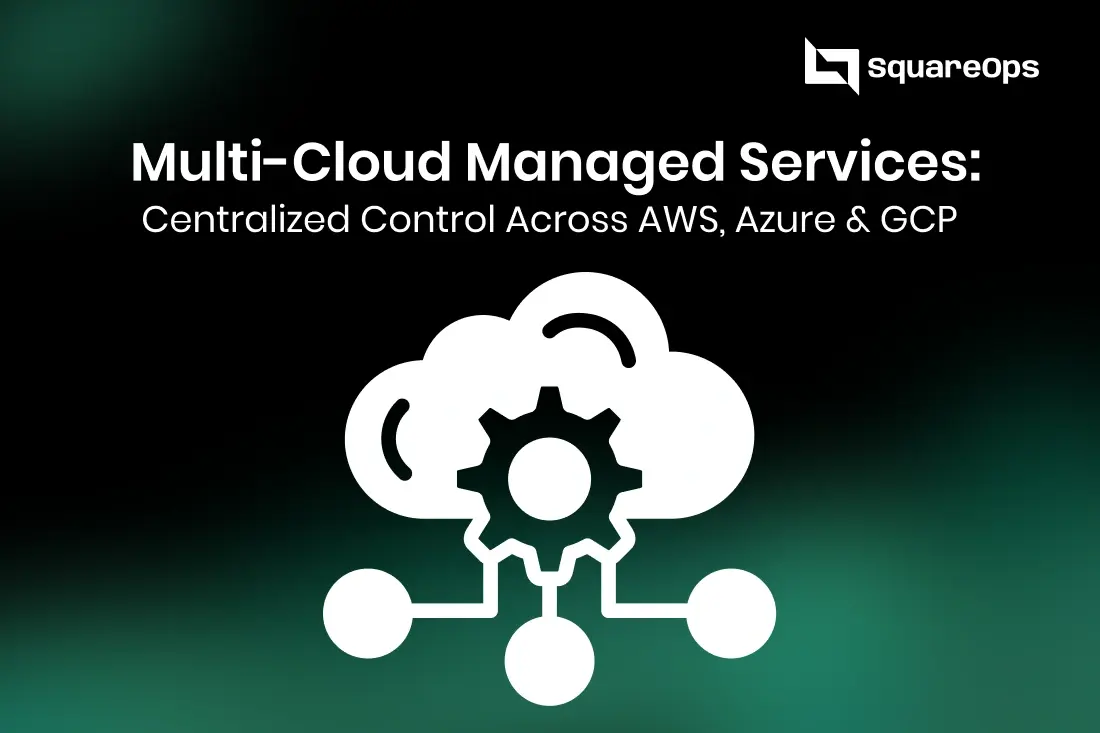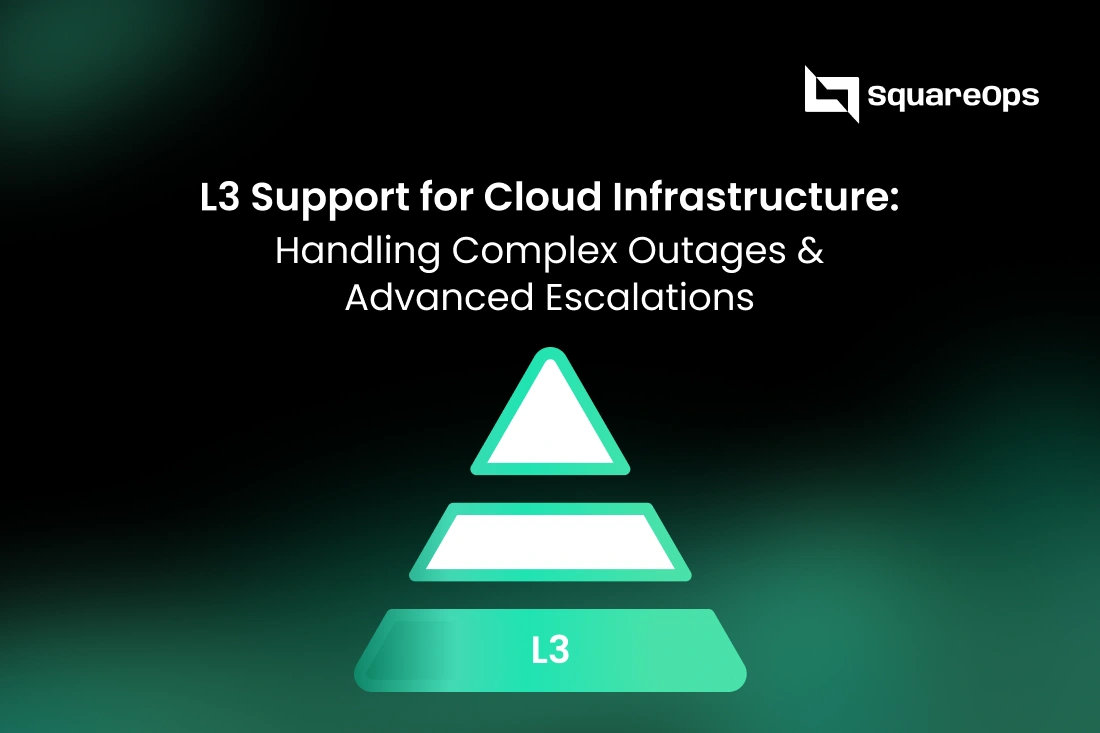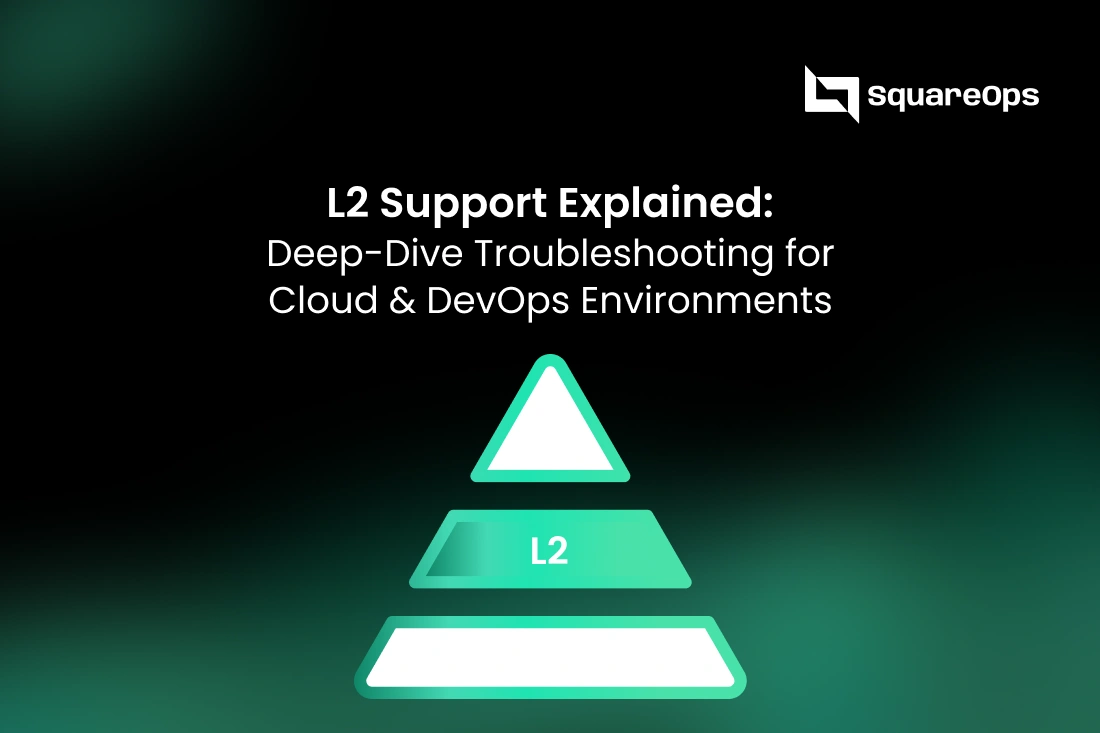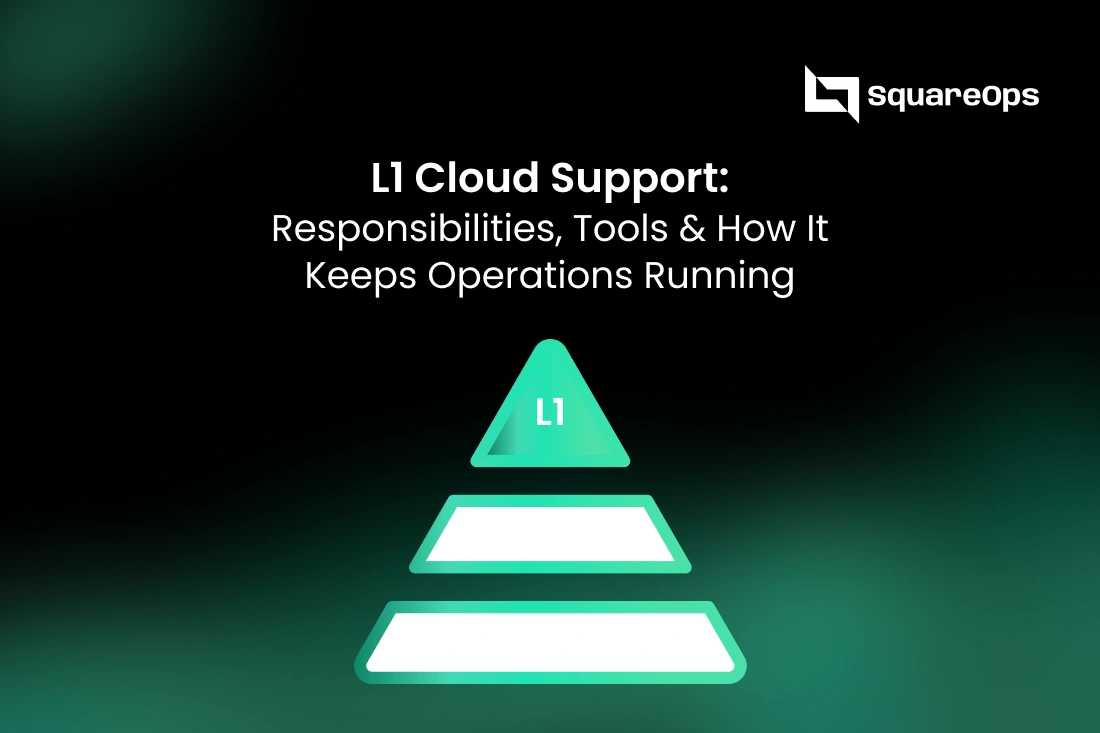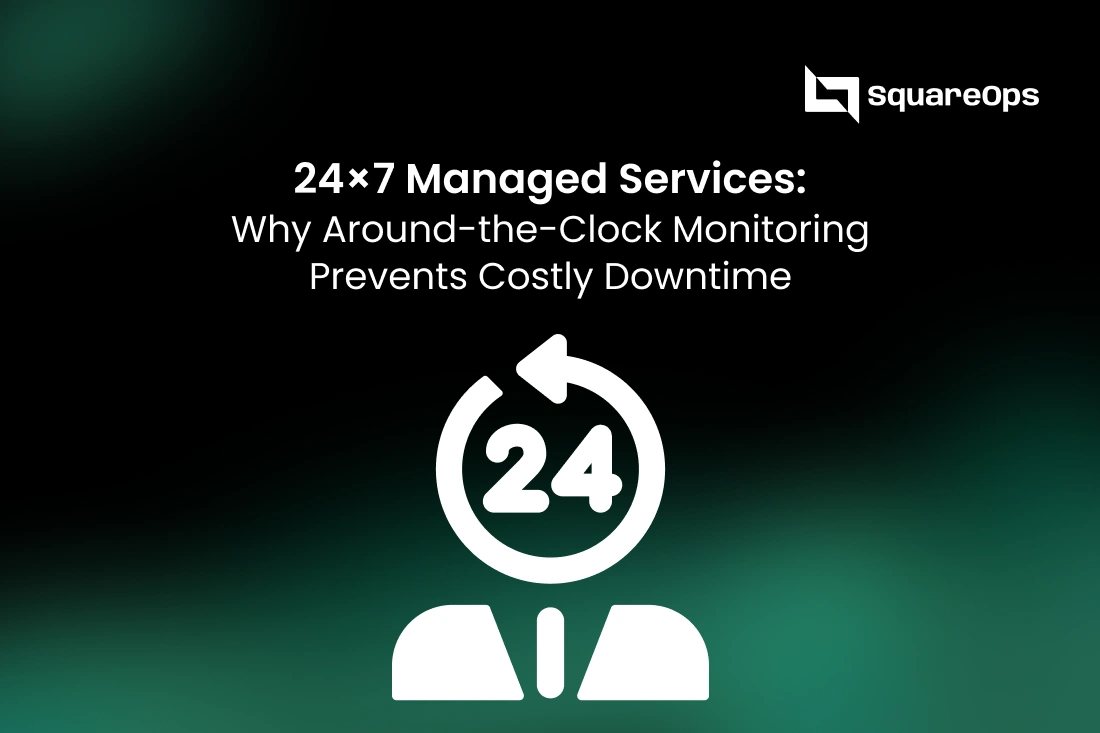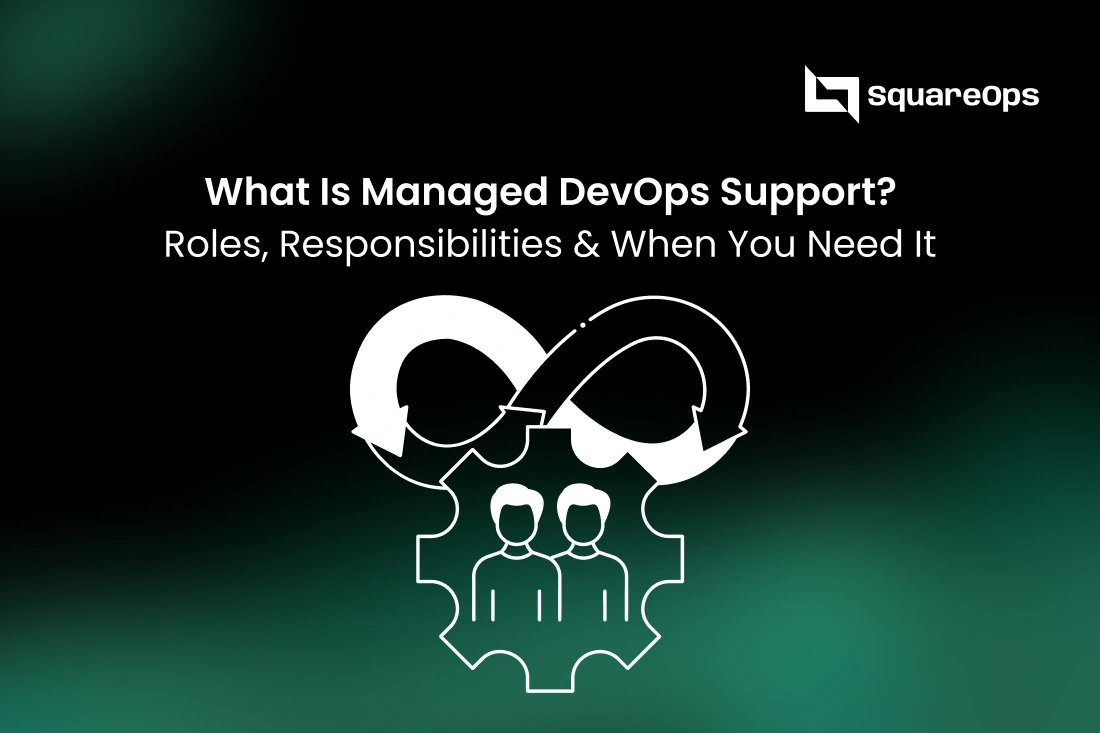Introduction
Businesses are more dependent on the cloud than ever. From hosting customer applications, to managing vital data stores, to running highly complex analytics pipelines, the cloud is now the central nervous system of modern business. But along with this rapid organic growth, companies are facing an increasing tide of cyber threats, data breaches, compliance exposure and operational risk.
Clear Painting Interface Traditional cybersecurity is not sufficient to secure dynamic cloud environments. Cloud infrastructure also poses a number of distinctive challenges including shared responsibility models, API exposure, misconfigurations, and the risk of identity access. They demand a high level of expertise and a robust defense.
This is where cloud security consulting comes into play. Enterprise security consultants help customers to identify weak spots, architect security into their cloud designs, reinforce compliance positions, and establish automated security detecting and responding set-ups. Rather than relying on one-size-fits-all security measures, those companies that are aided by cloud security consulting are able to receive a customized plan for organic protection that’s built around the complexities of the cloudscape.
Back Compatibility: Whether you're a hyper-scale startup or managing multi-cloud operations at enterprise scale, cloud security consulting helps you ensure your infrastructure is protected from yesterday's threats and the risk profile of tomorrow.
In this article, we are going to uncover what is involved in cloud security consulting, what the advantages are as well as why any forward thinking business should view it as an essential element of the cloud drive.
What is Cloud Security Consulting?
Cloud security consulting is the practice of providing expert advice to help firms secure their cloud environments. It’s well beyond simple firewall configurations or antivirus programs. However, it offers a unified strategy for protecting cloud infrastructure with comprehensive data privacy, compliance and operational resiliency.
At a basic level, cloud security consultancy entails a profound assessment of a company’s cloud architecture, policies, and procedures. Consultants pinpoint risks, discover potential vulnerabilities and provide best practices for a business’ unique use of the cloud. They drive security at every layer— from identity and access management to encryption, from workload protection to real-time threat intelligence.
Core Services Offered in Cloud Security Consulting:
Risk Assessment and Threat Modeling
Security consultants will conduct a comprehensive risk analysis to uncover any vulnerabilities within your existing cloud defenses. They will simulate various threat scenarios to anticipate how potential attackers may try to exploit weaknesses or loopholes.
Architecture Review and Security Design
Consultants will inspect your cloud infrastructure architecture (whether AWS, Azure, GCP, or a multi-cloud setup) to craft secure networking configurations, robust encryption strategies, and carefully controlled access permissions aligned with Zero Trust principles.
Compliance Alignment and Audit Readiness
Whether adhering to regulations such as GDPR, HIPAA, SOC 2, or PCI-DSS, cloud security consulting ensures that your cloud deployments satisfy all pertinent industry compliance standards, and prepares your organization for third-party audits.
Incident Response Planning and Simulation
Beyond prevention, consultants will develop detailed incident response playbooks, automate sophisticated threat detection, and implement thorough forensic investigation processes to allow for rapid, effective response in the event of security incidents.
Continuous Monitoring and Optimization
Cloud security demands constant vigilance as threats evolve. Consultants will deploy monitoring solutions to provide around-the-clock visibility into anomalies, misconfigurations, and emerging risks or attacks through real-time analytics and alerting.
Tailoring Strategies to Business Needs
One of the biggest advantages of working with a cloud security consulting firm is that they are able to craft customized solutions. Distinct organizations have diverse risk profiles: a healthcare company storing sensitive patient records undoubtedly has security necessities very unlike a fintech startup dealing with transactional data. Consultants architect strategies in accordance with an entity's sector, scale, governing framework environment, and growth targets.
By leveraging the expertise of cloud security advisors, enterprises need no longer rely solely on off-the-rack security practices. Rather, they can engineer resilient, adaptable security postures that transform matching their cloud workloads and the constant progress of their digital transformation. Moreover, consultants are able to analyze security from multiple views and combine strategic recommendations and tactical plans into a coherent program that aligns protection with business needs.
Key Benefits of Cloud Security Consulting
Choosing cloud security consulting isn't just about plugging security holes—it's about proactively constructing a resilient, compliant, and future-proofed cloud environment. Here are the major advantages businesses gain by investing in professional cloud security consulting services:
Pre-emptive Risk Identification and Management
Rather than reacting to breaches after the occurrence, cloud security consulting enables businesses to anticipate, detect, and neutralize risks before they cause damage.
Consultants deploy real-time monitoring tools, threat intelligence integrations, and behavioral analytics to forecast vulnerabilities and intercept cyberattacks at the initial stages.
Result:
- Reduced risk of downtime, data loss, and financial penalties.
- A stronger overall cloud security position.
Improved Regulatory Adherence
With regulations like GDPR, HIPAA, PCI-DSS, and SOC 2 tightening globally, businesses must exhibit that their cloud infrastructure is adherent.
Cloud security consultants help organizations design compliance-first architectures, execute mandatory controls, and prepare for audits.
Result:
- Avoidance of legal penalties and fines.
- Enhanced brand credibility and customer trust
Customized Security Architectures
Every company has unique security demands. Cloud protection consulting tailors strategies based upon precise dangers, organizational aims, and cloud surroundings (AWS, Azure, GCP, or multi-cloud).
Common designs include Zero Trust infrastructures, multi-cloud safety frameworks, and automated identity management schemes.
Result:
- Protection models that evolve with your company
- Durability against progressing cyber threats.
Faster Incident Response and Recovery
In the instance of an intrusion or system breakdown, the pace of reaction determines the scale of harm.
Cloud protection consultants build Incident Response Plans (IRPs), automate threat discovery utilizing SIEMs, and train internal teams on prompt containment and recovery processes.
Result:
- Shorter Average Time to Detect (MTTD) and Average Time to Resolve (MTTR).
- Protection of brand name reputation and customer believe.
Cost Optimization by Preventing Breaches
Security breaches are not only technical incidents but also bring a heavy financial burden—ransom demands, regulatory fines, customer turnover, and repair costs.
Cloud security consulting eliminates those hidden charges by securing your environment before hackers get to them.
Result:
- Avoiding breaches is a long-term return on investment.
- Reduced insurance premiums and operation risks.
In short, cloud security consulting is not just a luxury——it's a strategic necessity for modern businesses to protect their assets, ensure compliance, and stay competitive in a digital-first world.
Why Cloud Security Is Different (and Harder) Than Traditional IT Security
Since most companies adopt the errors that cloud security must be the same as their traditional pre-SEEK reply mechanisms or security strategies in a data center they will be wrong.
But in real And indeed the situation is quite the reverse.
Cloud security consultancy pulls the plug on these false claims. Often a traditional security approach cloud if not folded back down again for use within its own context can really be very hard to find anywhere with dental help–and price may be fatal.
For the following reasons, cloud security is inherently more difficult than its traditional counterpart:
Shared Responsibility Model
In traditional IT, the entire infrastructure is something businesses own and protect.
In a cloud environment, security responsibilities involve sharing them between the cloud provider (such as AWS, Azure or GCP) and their customers.
- Cloud Provider: They secure the infrastructure (e.g. physical servers, storage, network).
- Customer: They secure their applications, data and user access, also makes which configurations.
Without consulting on cloud security, a large-scale phenomenon appears affecting not only many organizations, but also consumers and the police. Thus much information is lost--or worse yet can be used for criminal purposes because it has been gathered inadvertently through those misconfigured storage buckets and exposed APIs that are blinding everyone to any true risks.
Complexity of Multi-Cloud and Hybrid Environments
Nowadays companies tend to be polygamous with cloud providers. They are multi-cloud (AWS + Azure + GCP) or hybrid cloud (on-premises + cloud) for redundancy, performance or cost.
Each has its own security models, polices, and tooling, and providing consistent protection is complex.
Cloud security consultants develop plans that apply to all those sources, from identity management and encryption standards to incident response protocols.
Increased Attack Surface
APIs, microservices, containerized workloads, and serverless functions are all elements of cloud-native architectures that significantly increase the attack surface.
- APIs can be intrinsically insecure if not properly identified.
- Containers can be used to run images with security issues if it has not been scanned.
- Serverless apps still require fine-grained permissions.
Without cloud security consulting from experts, these new attack surfaces frequently go unwatched and are left unprotected, which raises the potential of breaches.
Dynamic, Ever-Changing Infrastructure
In the cloud, infrastructure is dynamic and short-lived, and new instances can be spun-up and down in a matter of seconds (auto-scaling reasons why!)
This renders traditional static security models outdated.
Cloud security consulting allows organizations to adopt dynamic security controls such as IAM policies tied to tagging, ongoing monitoring with CloudTrail, and automated remediation of misconfigurations.
Rapid Innovation Increases Risk
Cloud adoption and innovation are happening at the speed of light.
DevOps teams release several codes daily, which makes it a hotbed for security concerns unless security is built into it from the start.
They're engaging in cloud security consulting to help companies move to DevSecOps, in which security is built into development pipelines, CI/CD workflows, and infrastructure-as-code deployments.
Key Areas Covered by Cloud Security Consultants
Good cloud security consulting services include more than just installing a firewall or managing user access rights.
Top consultants provide a full slate of layered security solutions that address all aspects of a cloud environment – from identity management to real time threat monitoring.
Here are the main things professional cloud security consultants will zero in on:
Identity and Access Management (IAM)
One of the most fundamental tenets of cloud security is knowing who can do what.
- Enforcing minimal access policies to restrict the users' rights.
- Enabling multi-factor authentication (MFA) for all accounts.
- Managing role-based access control (RBAC) for various teams and departments.
- Leveraging AWS IAM, Azure Active Directory, and GCP IAM for centralized identity management.
Result:
- Significantly lower exposure to unauthorized access or insider abuse.
Data Encryption and Key Management
Data at rest, in motion and during processing must be secured in cloud environments today.
- Turn on AES-256 encryption at rest (such as with Amazon S3, Azure Blob Storage).
- Implementing secure transport using TLS/SSL protocols.
- Leveraging Key Management Services (KMS) such as AWS KMS, Azure Key Vault, or HashiCorp Vault for handling secure encryption keys.
Result:
- Complete data privacy with GDPR, HIPAA and PCI-DSS.
Network Security and Zero Trust Architecture
Traditional perimeter security does not work in cloud.
Cloud security consulting practices Zero Trust — trust nothing, anticipate that no user, system or device is trustworthy.
- Setting up private subnets, VPC peering and firewalls.
- Constructing micro-segmented networks creating workload isolation.
- Applying strict VPN and access control gateways.
Result:
- Attackers can’t easily spread across the cloud environment.
Cloud Workload Protection Platforms (CWPP)
continuous visibility, threat detection, and protection (CWPPs) have visibility and threat detection and protect workloads as they run across cloud environments.
- Automatic VM, containers and serverless fuctions security scans.
- Data collection for monitoring of an abnormal workload.
- Real-time malware detection.
Examples include Prisma Cloud (Palo Alto Networks), AWS Inspector, and Azure Defender.
Result:
- Secure applications with deployment models (IaaS, PaaS, Serverless) agnosticism.
Security Monitoring, Logging, and Compliance Reporting
Understanding what the cloud is up to: Crucial to identifying and addressing security threats?
- Use AWS CloudTrail Azure Monitor, GCP Operations Suite for logging and audit. n- The ability to integrate with SIEMs, such as Splunk or Datadog, for consolidated threat detection.
- Deploying compliance dashboards to maintain ongoing compliance to certifications that include SOC 2, GDPR and HIPAA.
Result:
- Quicker threat detection, reduced impact of breaches and easier audit readiness.
Top Tools Used in Cloud Security Consulting
A strategy isn’t enough when it comes to protecting cloud environments.
Experienced cloud security consulting companies use cutting-edge security technologies to automate, control, and protect you cloud ecosystem from future threats.
Here is, what I think, is a list of most of cloud security consultants essentials: Can you say tail wag?
Cloud-Native Security Platforms
These are tools provided by cloud providers to secure cloud native resources (compute, storage, network).
- AWS Security Hub: Unified view of detected security findings in AWS accounts. Consolidates information from GuardDuty, Macie, Inspector and others.
- Azure Security Center: Integrated security management and advanced threat protection for hybrid cloud workloads.
- GCP Security Command Center: Risk evaluation, vulnerability assessment, and threat detection for GCP resources.
Why Important:
- Native integrations, immediate threat alerts and automated remediation suggestions.
Tools for Secrets Management and Encryption
Safely handling of sensitive credentials, keys, and tokens has high priority.
- HashiCorp Vault: Centralized secret management across the multi-cloud.
- AWS KMS (Key Management Service): Easily create and control the keys used to encrypt your data.
- Azure Key Vault / Google Secret Manager – To store API keys, certificates, and secrets.
Why Important:
- Guards against data leakage and unauthorized access.
Tooling: Monitoring, Logging, Compliance Monitoring
Visibility to cloud environments is the key to finding anomalies, compliance auditing, or cyber forensics.
- AWS CloudTrail: Records all API calls within AWS accounts for auditing.
- Amazon GuardDuty: intelligent threat detection for your AWS environment, leveraging machine learning and threat intelligence.
- Azure Sentinel / Chronicle (Google Cloud): Cloud-native SIEM for security events.
Why Important:
- Expedited breach detection and compliance riddled with improved security analytics.
Management of Vulnerabilities and Security Workloads
Frequent scanning of cloud workloads keeps weaknesses from lingering in the shadows of your environment.
- Prisma Cloud (Palo Alto Networks): Combined CWPP and CSPM (Cloud Security Posture Management).
- Wiz – Agentless security platform to detect the risks in VMs, containers and serverless workloads.
- AWS Inspector: Automated security assessment of AWS applications.
Why Important:
- Proactive in discovering misconfigurations, CVEs, and security drift.
Security Tools for Infrastructure as Code (IaC)
With Terraform, Cloudformation, Kubernetes, etc., being implemented across the business landscape the security of IaCs becomes of paramount importance.
- Checkov: Scans Terraform, Kubernetes and CloudFormation templates and calculates the object and attributes of the file.
- Snyk IaC: Discovers IaC and container image vulnerabilities.
- Bridgecrew: Secure cloud delivered as code.
Why Important:
- Moves security left into development cycles to stop vulnerabilities early.
Selecting the Best Cloud Security Consulting Partner
Picking the correct firm for cloud security consulting is a key business move.
Not all consultants bring the same amount of expertise, customization, or post-project support to the table.
Here is what businesses should think about before hiring a cloud security consultant:
Certifications and Expertise
You’re looking for cloud security consultants with team members that have all the following:
- AWS Certified Security – Specialist
- CISSP- Certified Information System Security Professional
- CISM - Certified Information Security Manager
- Azure Security Engineer Associate(Language: English ) Candidates for this exam are Microsoft Azure security engineers who implement security controls, maintain the security posture, and manage identity and access.
- GCP Professional Cloud Security Engineer What You Will Learn.
Why Important:
- Recognizes deep technical expertise on cloud native security platforms.
Multicloud and Hybrid Environment Experience
Indeed, a great consultant would be experienced in not just one or the other cloud, but in both multi-cloud (AWS, Azure, GCP) and hybrid cloud configurations.
They need to understand complex identity federation, cross-cloud encryption standards and multi-platform compliance mapping.
Why Important:
- Guarantees you have strong security regardless of your cloud mix.
Experience with Toolchain and Technology Stack
The Best Strategy to win When you’re looking to outsource: The perfect consultant must be comfortable with the ultimate cloud security tools; including:
- AWS Security Hub, GuardDuty, CloudTrail
- HashiCorp Vault, Prisma Cloud and Wiz
- SIEMs such as but not limited to Splunk, Azure Sentinel
Why Important:
- Getting the most out your investment in cloud-native and third party security tooling.
Personalization Over the Generic
Each company has its own cloud (and edge) usage patterns, compliance requirements, and threat model.
Top cloud security consulting companies such as SquareOps form strategic solutions that work best for your industry, whether you are a fintech startup, healthcare provider app, a SaaS solution provider, or a marketplace seller.
Warning Signs:
- Unpersonalized security packages that are “one-size-fits-all.”
- Recommending solutions with little discover or risk assessment.
Why Important:
- Tailored approaches are better for defense and less expensive to operate.
After-the-Consulting Help and Managed Services
Cloud security is not a set-it-and-forget-it endeavor.
Select a consulting firm that provides ongoing compliance management, compliance reporting, vulnerability scanning, and response after your initial assessment.
Why Important:
- Supports you in adjusting to the evolving threats landscape and compliance changes.
Bonus Tip: Seek out Client Testimonials and Case Studies
Always ask for:
- Client success stories
- Risk mitigated and compliance attained metrics
- Previous projects references or case studies in the same industry as your company.
Why Important:
All for the sake of credibility, knowledge, and results.
Conclusion
In a climate of increasingly advanced cyber threats, and more stringent regulatory demands, basic cloud security protections are no longer sufficient.
The modern enterprise demands tailored, proactive, and ever-evolving approaches to security, and that’s exactly the value that cloud security consulting delivers.
Ranging from helping to construct Zero Trust models to obtain frictionless multi-cloud compliance, cloud security consulting works to:
- Protect sensitive data
- Meet industry regulations
- Prevent costly breaches
- Build customer trust
- Security and Performance: Tune cloud for Secretarial Workloads
Whether you’re a high-growth startup, a SaaS company focused on enterprise customers, or an enterprise that's migrating from breaking down legacy infrastructure - cloud security consulting guarantees your business can scale securely and profitably.
Ready to Remove the Risk of Your Cloud Infrastructure?
With SquareOps, you receive personalized cloud security consulting that’s designed to work for you—regardless of whether you’re using AWS, Azure, GCP or operating in a hybrid cloud model.
- Risk Assessment
- Compliance Readiness (SOC 2, HIPAA, PCI-DSS I had full control/) etc.
- Zero Trust Architecture Design Read More by Protocol (5/1) May 1, 2020 Broadcast on 05/01/2020
- Automation and Monitoring of your Cloud Security
Looking for seasoned cloud security consultants that can help your business thrive? Contact SquareOps Now!
